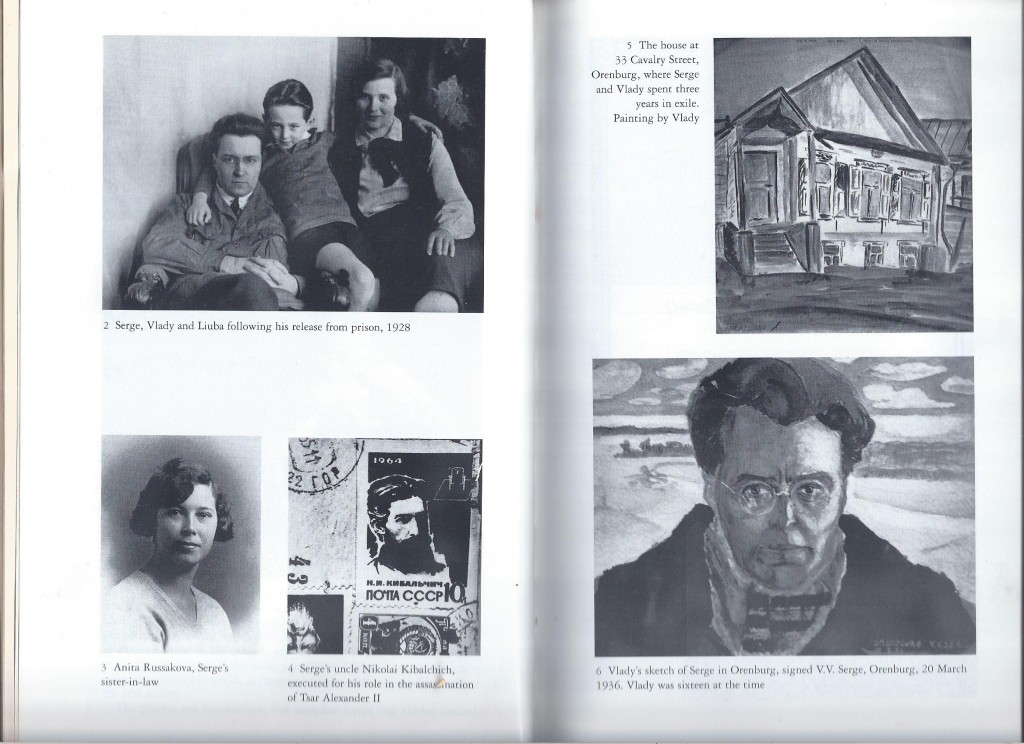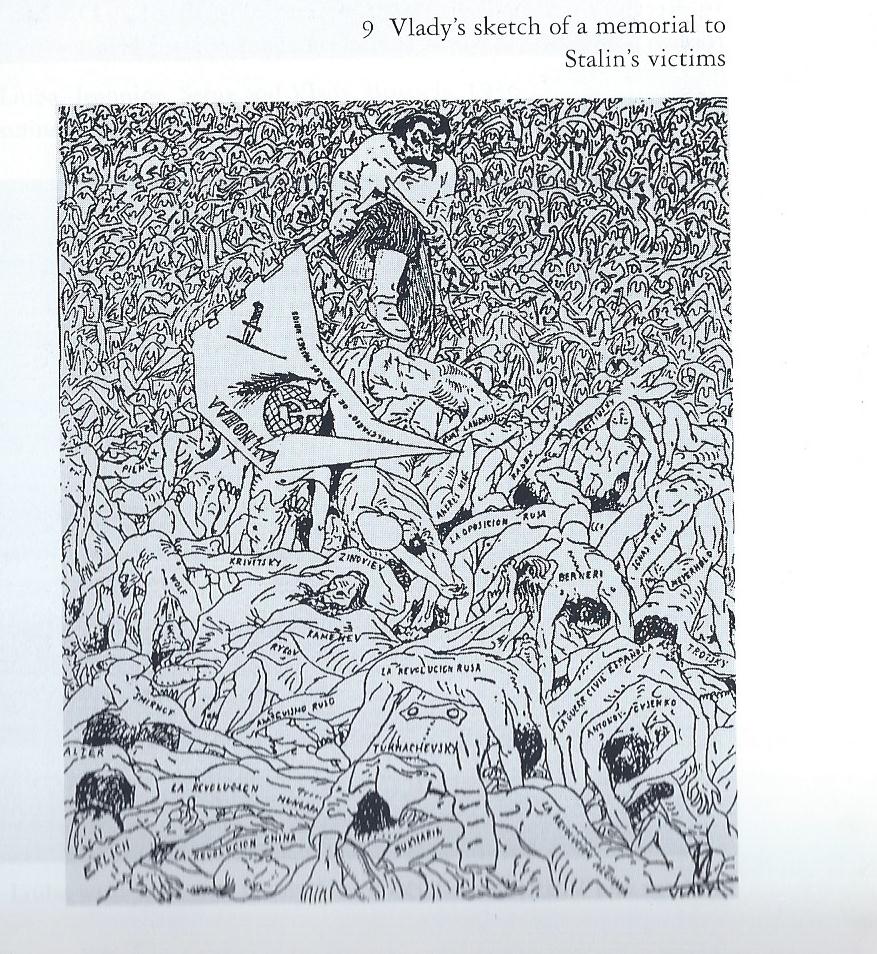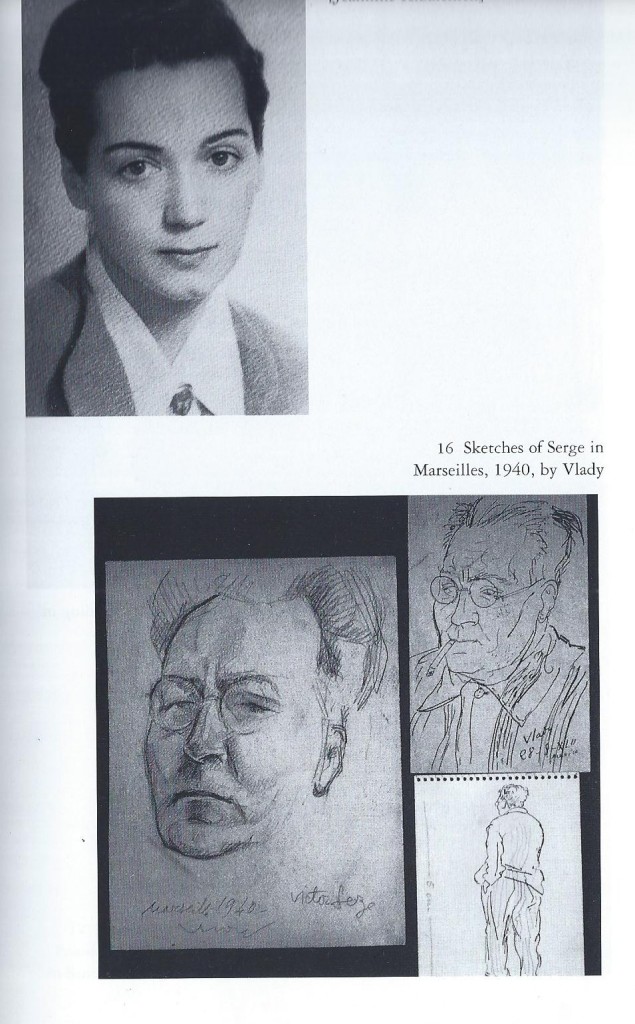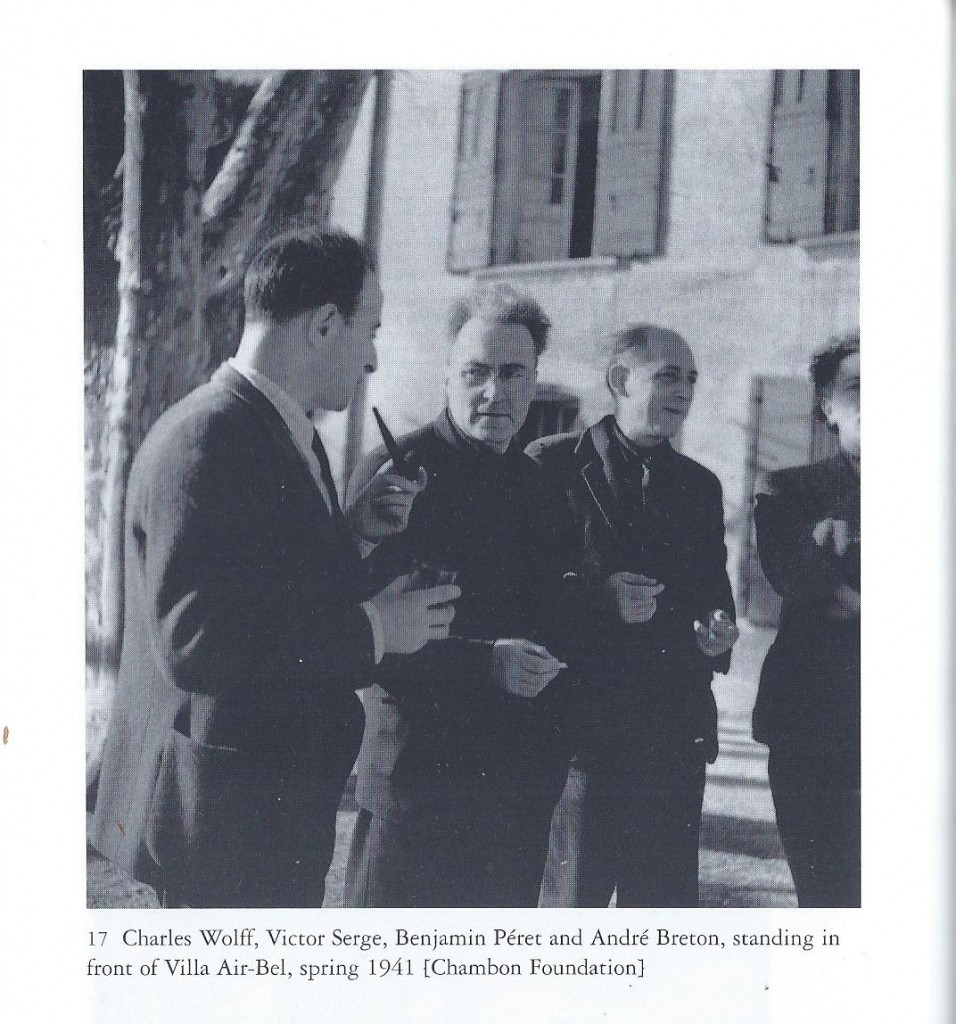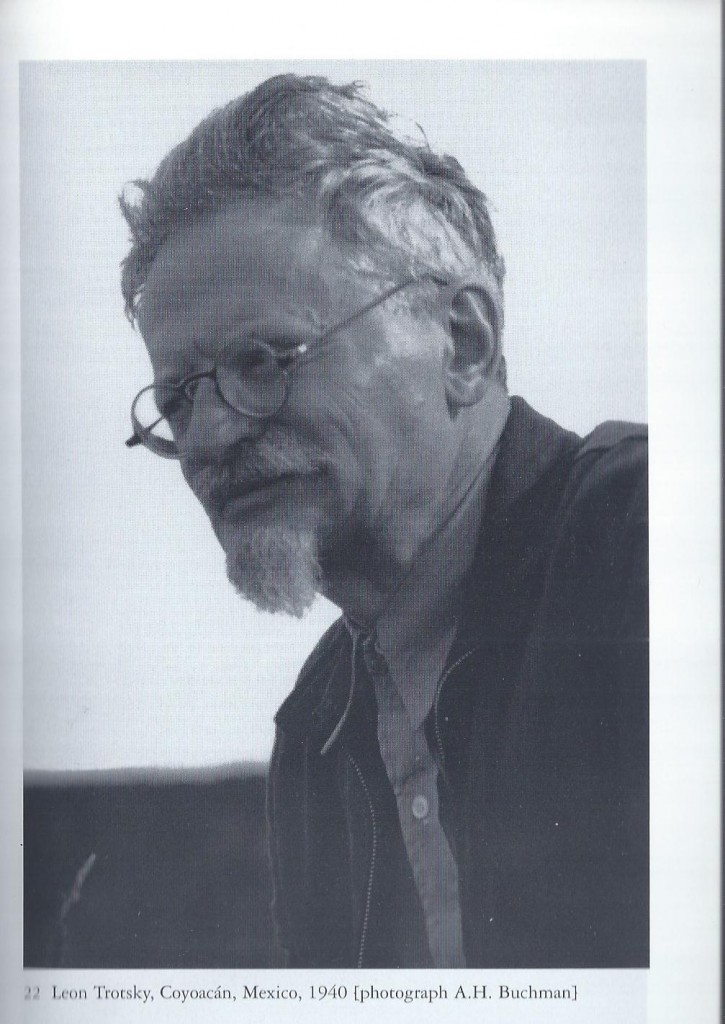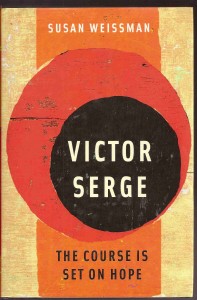
“The exchange abstraction”, Alfred Sohn-Rethel wrote, “is not thought, but it has the form of thought” (Manual and Mental Labour, 1975).
The commodity exchange type of generalization, as a socially effective “real abstraction”, plays a major role for how we think about nature and society, according to Sohn-Rethel.
A fairly good, but superficial, summary of Sohn-Rethel’s view has been published here. For further critical discussion see: Slater, Phil, ed.: Outlines To A Critique of Technology. Inks Links, London 1980.
Historically, one might add that, in times of need, “the naked woman learns to spin” as the Norwegian saying goes.
Although Sohn-Rethel with his seriousness about Marx’s commodity form analysis was probably already “a black sheep” of the Frankfurter school before the war, it was he, and not some culture, discourse or ideology analyst (e g Adorno or Horkheimer) of the same school that the conservative Churchill government hired for an economic report on Nazi Germany in the middle of the second w0rld war – at a time when the war needs were most pressing. The Churchill government certainly did not like Marxists, but Sohn-Rethel was probably seen as a comparatively realist researcher with special background knowledge.
In his report, Economy and Class Struggle of German Fascism, Sohn-Rethel tried to analyse German capital formations and how they became so aggressive, with a text that includes important observations on Hitler’s appeal as a “empty abstraction” type of leader. I do not know how the work was evaluated. I read it many years ago. It tells a quite complex story. My impression was that he got clustered by the new deal, trying to think up some greater “logic” of the Nazi empire. The arguments are not always convincing. The interesting thing, for now, is that the report was made. Habermas, Marcus or others could have been chosen, but were not. In times of need.
Sohn-Rethel’s observations of German capitalism has some relevance for the US too, evidence here.
A critique is published here.

Oppgaver er ting maskinen skal gjøre – mest mulig likt at en bruker gjør det manuelt.
(fra min loggbok for programmering, 7.4.12)
Tasks are things that the machine shall do – as similar as possible to the user doing it manually.
(from my log book for programming, April 7, 2012)

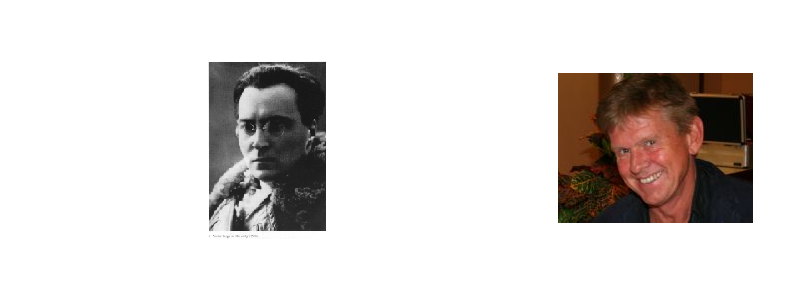 Stalin’s killings created the first holocaust, destroying a whole generation of revolutionaries, the bloodiest counter-revolution so far in history.
Stalin’s killings created the first holocaust, destroying a whole generation of revolutionaries, the bloodiest counter-revolution so far in history.
Victor Serge (summary), in Susan Weissman: The Course is Set on Hope,Verso, London, 2001.
Victor Serge (1890-1947) was a democratically oriented French-Russian left-wing intellectual, who was persecuted first in France, and later in the Soviet Union. He criticised power misuses by the Bolsheviks and joined the left opposition trying to stop Stalin from taking over, serving several prison sentences and barely escaping from the Soviet Union.
Serge wrote about Stalin’s repression:
“The average man, who cannot conceive that lying on this scale is possible, is taken unawares (..) Outrageous language intimidates him and goes some way to excuse his deception: reeling under the shock [of the Moscow trials] he is tempted to tell himself that there must, after all, be some justification of a higher order passing his own understanding. (..) In any case, it was not a matter of persuasion: it was, fundamentally, a matter of murder. One of the intentions behind the campaign of drivel initiated in the Moscow Trials was to make any discussion between official and oppositional communists impossible. Totalitarianism has no more dangerous enemy than the spirit of criticism, which it bends every effort to exterminate.” (Quoted by Weissman, p. 209).
Weissman’s book is very highly recommended.
As regards “lying on this scale” it is useful to consult Nazi propaganda minister Goebbels, who had the same conviction that if your lie is great enough, you will succeed.
Weissman’s book includes photos and affectionate drawings by Victor Serge’s son, Vlady. A few are reproduced here, in the interest of further research.
Below, at left, Victor is pictured with his family, and at right, painted by his son, in exile, in the early 1930s, He does not look famished or depressed. This may have been made when the democratic alternatives still seemed to have a chance in the new Soviet Union.
However the Serge family were shocked by the news of increasing persecution. Here is Vlady’s impression of Stalin’s killings:
This is an utterly amazing and horrendous portrait, made by a young artist. Later research has shown that Vlady Serge’s “premonitions” were true. Millions of people lost their lives in Stalin’s death camps.
In the photos below, shown in Weissman’s book, the young artist is shown at top; next are his sketches of Victor having escaped Soviet persecution:
Vlady pictures his father troubled, and somewhat impatient, bottom right, hand in pocket. This is much like Victor emerges, in the photo below, in France. The men are perhaps discussing potentials for anti-nazi resistance. They seem to be filled with action, quite optimistic. Despite much persecution, Victor Serge did not hang his head.
As the Stalinist repercussion hardened, all opponents were lumped into one case – enemies of the Soviet Union. Leon Trotsky, below, in a sense “profited” on this treatment, becoming “enemy number one”. Here is a picture of Trotsky, close to Serge’s visit.
This position of Trotsky and Trotskyism as the number one alternate to Stalinism was effectuated not least by Stalin himself – after one of his many hit-man gangs managed to kill the arch-enemy in August 1940.
Serge was symphathetic to many points made by Trotsky but he was not a Troskyite, as Weissman’s book documents. Serge did not live to write down a history or greater theory of what happened. Yet his independent viewpoints are very valuable and important.
See further
Holter, Ø. G. 2004e: “A theory of gendericide”, In Jones, Adam, ed.: Gendercide and genocide. Vanderbilt University Press, Norman
Holter, Ø. G 1984d: ”Sosialismens herredømme: kvinner og menn i Sovjetøkonomien” (Socialist Patriarchy: Women and Men in the Soviet Economy”), Materialisten 4, 1984, 41-62. See text.

“For example, in an important sense, there is only one complete unblushing male in America; a young, married, white, urban, northern heterosexual Protestant father of college education, fully employed, of good complexion, weight and height, and a recent record in sports. Every American male tends to look out upon the world from this perspective.” – Erving Goffman, Stigma

Stalin’s killings created the first holocaust, destroying a whole generation of revolutionaries, the bloodiest counter-revolution so far in history. – Victor Serge (summary), in Susan Weissman: The course is set on hope,Verso, London, 2001
Serge was an independent Soviet revolutionary, a category closed to “official” history. Official history, often, says that the massive persecutions in Russia in the 1930s were caused by Stalin being mad and rid by paranoia, although recent research has attempted to calm down this picture (see e g Montefiore’s Stalin – The Court of the Red Tsar 2004). Stalin’s paranoia is not the best explanation angle, and Weissman’s excellent work on Serge helps to show the deeper sociological pattern involved, describing massive persecution, imprisonment and deaths.
Is it correct to classify this in a term like holocaust? This is my choice of word, using a later term, summing up Serge. I think, yes. Not only are the numbers possibly as massive as the number of Jews killed in the Holocaust – altogether, working over a longer period, Stalin’s camps killed more than Hitler’s, even if they used frost rather than gas, and were not as specialized towards killing as in the Nazi case (see e g Anne Appelbaum: Gulag – a history, 2004). It is also the case that the killing of independent revolutionaries, “a whole generation”, in Serge’s horrified words, was well-planned, systematic and in intent, on the same scale as the gas ovens in Auschwitz. Stalin’s murderers did not carry gas chambers around, but used pistols and other means – an ice axe, in the case of Trotsky – but the pattern was the same, the communists in Germany were the first inmates of the concentration camp system, “paving the way” in a negative sense for the Jews. The persecution of revolutionaries, across the Stalinist and Nazi regimes, was not “the” holocaust, but probably the main preparation for it, and in a sense, its overlooked sociological twin.

Isn’t it plain that the practical sense of revolutionaries is basically different from that of the empirical politicians who represent other social formations?
– Victor Serge, 1936, in Susan Weissman: The Course is set on hope, 2001, p 106

The world’s first artificially created life form has accused God of ‘playing science’ and ‘meddling with things He cannot possibly understand.’
– Richard Dawkins
But still, it moves.
-Kim Stanley Robinson: Galileo’s Dream.

